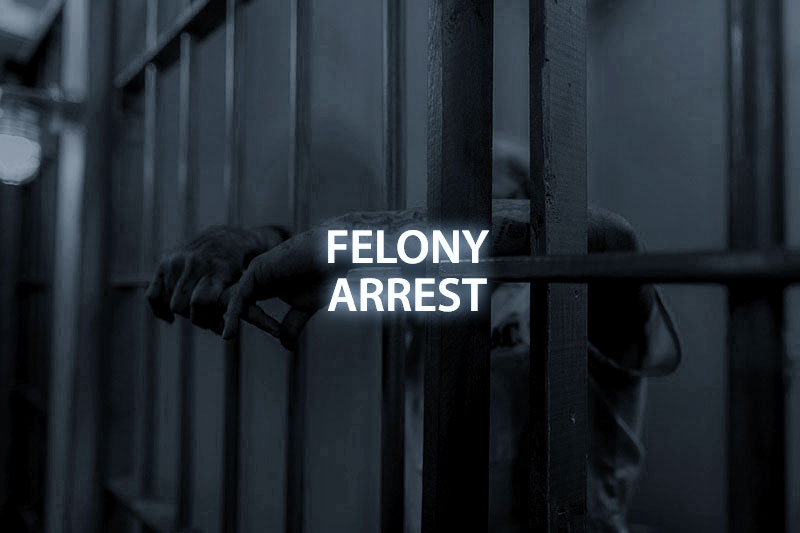California’s Three Strikes law, part of a “tough-on-crime” legislative package enacted in 1994, represents one of the most controversial sentencing policies in the United States. Designed to significantly increase the prison sentences of those convicted of multiple serious crimes, the law has profound implications for repeat offenders. However, its complexity and impact on individuals particularly those with prior strikes invite debate and discussions about justice and proportionality.
What is the Three Strikes Law?
The Three Strikes law was a response to several high-profile murders committed by repeat offenders in California. The idea behind the law was straightforward: deter criminals from repeatedly breaking the law by imposing harsher sentences on those with prior convictions for serious or violent felonies.
Under the Three Strikes law, if a person is convicted of a felony and they already have one “strike” (a previous serious or violent felony conviction), the sentence for the new felony could be twice the term otherwise required by law. If they have two such strikes, the law mandates a state prison term of at least 25 years to life for the new felony.
Impacts of the Three Strikes Law
Increased Incarceration Rates
The most immediate impact of the Three Strikes law was an increase in incarceration rates. Many individuals received life sentences for crimes that, before the law, would have led to much shorter sentences. In some cases, even non-violent felonies triggered life sentences for those with two prior strikes.
Legal and Social Controversies
Legal experts, social activists, and the public continue to debate the justice of the Three Strikes law, particularly regarding its rigid application. Critics argue that it can result in disproportionately harsh sentences for crimes of relatively low severity and exacerbate racial disparities in the penal system. Additionally, the increased prison population has significant financial costs for the state and its taxpayers.
Sentencing Disparities
The law has also been criticized for the potential of uneven application. Depending on various factors, such as prosecutorial discretion and geography, individuals with similar criminal histories might receive vastly different sentences.
Legal Recourse: The Romero Motion
Recognizing the potential for unfair sentencing, the California Supreme Court ruled in the landmark case of People v. Romero (1996) that judges have the discretion to “strike” prior felony convictions from consideration when sentencing under the Three Strikes law.
What is a Romero Motion?
A Romero Motion is a formal request a defendant can make to the court asking the judge to dismiss a prior strike for the purposes of sentencing. This legal mechanism provides an opportunity for leniency in cases where applying the Three Strikes law would be unjustly punitive.
Criteria for a Romero Motion
When considering a Romero Motion, judges look at various factors:
- The nature of the current charge and the prior strikes
- The defendant’s other criminal history
- The defendant’s personal background, including employment and family ties
- Evidence of rehabilitation or efforts toward improvement
- The time elapsed since the past strikes occurred
Understanding and Navigating Legal Recourse
Defendants seeking relief under a Romero Motion typically require skilled legal representation. The process involves a thorough analysis of the defendant’s criminal and personal history and often comprehensive negotiation with the prosecutors and presentation of the case to the judge.
Criminal Defense Attorney Caryn Warren Can Help!
California’s Three Strikes law continues to impact the lives of offenders and reflects the broader conversation about criminal justice reform in the United States. While it was designed to keep repeat offenders off the street, its rigid application raises questions about fairness and proportionality in sentencing. With legal tools like the Romero Motion available, there is room for individual consideration and judicial discretion, offering a glimmer of hope to those who may otherwise face excessively stringent punishment.
For individuals facing the harsh ramifications of the Three Strikes law, comprehensive legal advice and advocacy are critical. While the law seeks to protect society from repeat offenders, it remains imperative to balance this goal with the principles of justice and fairness that underpin the American legal system.
Personal Injury & Criminal Defense Services Available Throughout
Greater Sacramento, Yolo, Placer, and Solano Counties
Antelope, Arden-Arcade, Auburn, Benicia, Carmichael, Citrus Heights, Davis, Dixon, Elk Grove, Fairfield, Fair Oaks, Folsom, Galt, Gold River, Granite Bay, Iselton, Lincoln, Loomis, North Highlands, Orangevale, Rancho Cordova, Rio Linda, Rio Vista, Roseville, Rocklin, Sacramento, Suisun City, Vacaville, Vallejo, West Sacramento, Winters, Woodland

